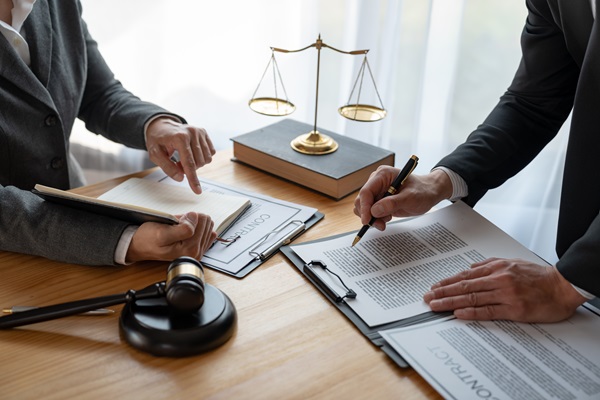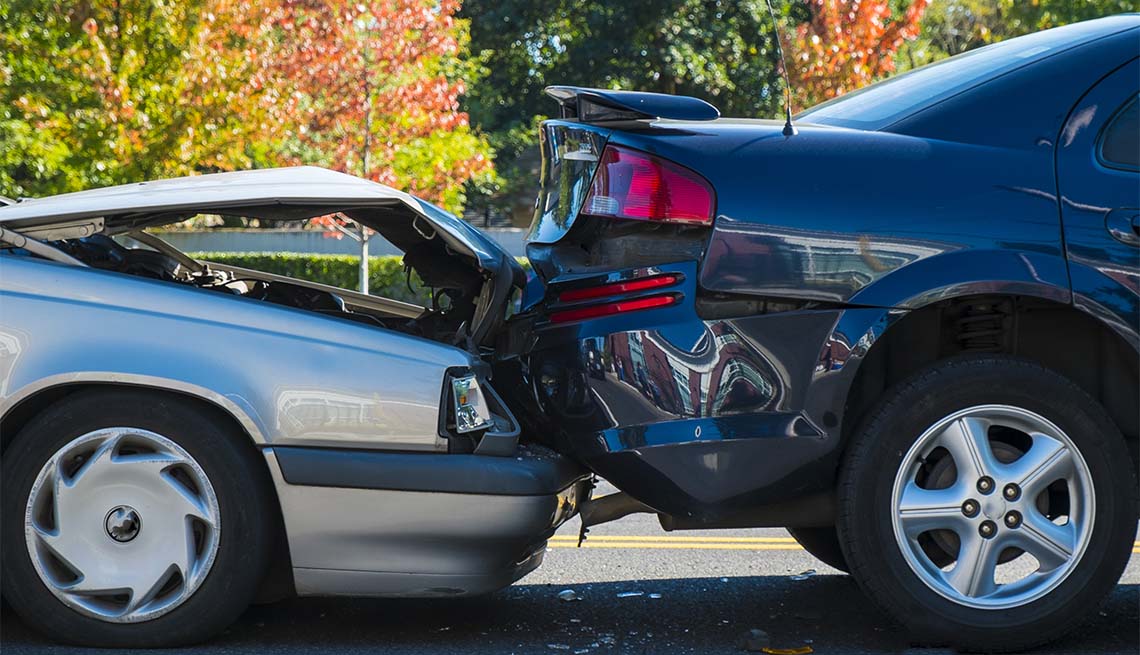Introduction
Navigating the complexities of police misconduct can be daunting, especially for victims who find themselves in a distressing situation. Understanding your rights is crucial to navigating this turbulent landscape. In this comprehensive guide, we’ll delve into the various aspects of police misconduct, shedding light on the legal insights that can empower you as a victim. Whether you're seeking assistance from a Moseley Collins Law personal injury lawyer or want to understand how to proceed with your case, this article will serve as your roadmap.
The Importance of Knowing Your Rights
Knowing your rights is like having a compass in an unfamiliar territory. When faced with police misconduct, being informed can help you make the right decisions. But what are these rights? Simply put, they include:
- The right to file a complaint against law enforcement. The right to seek damages for injuries sustained. The right to legal representation from skilled lawyers, such as medical malpractice lawyers, personal injury lawyers, and police misconduct lawyers.
Understanding these rights can significantly impact the outcome of your situation.
Your Rights as a Victim of Police Misconduct: Legal Insights
As a victim of police misconduct, it's vital to recognize that you possess specific legal rights aimed at protecting your interests and ensuring accountability within law enforcement.
Defining Police Misconduct
Police misconduct refers to inappropriate actions taken by police officers in connection with their official duties. This may include excessive force, false arrest, harassment, or even racial profiling. Understanding what constitutes police misconduct is essential because it sets the framework for asserting your rights.
Types of Police Misconduct
Excessive Force

False Arrest
An unlawful detention without probable cause is termed false arrest and can lead to severe emotional and financial consequences for victims.
Corruption
Instances where officers engage in illegal activities while on duty fall under corruption.
Racial Profiling
Targeting individuals based on race or ethnicity instead of behavior is unlawful and discriminatory.
Sexual Misconduct
Any form of sexual harassment or assault by police personnel against civilians represents egregious misconduct.
Legal Framework Protecting Your Rights
Constitutional Protections
The U.S. Constitution provides several amendments that protect individuals against police misconduct:
- Fourth Amendment: Protects against unreasonable searches and seizures. Fifth Amendment: Guarantees due process before being deprived of life, liberty, or property. Eighth Amendment: Prohibits cruel and unusual punishment.
Civil Rights Law
Victims may pursue claims under federal civil rights laws (42 U.S.C. § 1983), which allow individuals to sue state actors for violations of constitutional rights.
Steps to Take After Experiencing Police Misconduct
Experiencing police misconduct can leave victims feeling powerless, but taking decisive steps can help regain control:
Document Everything
Write down all details related to the incident: dates, times, names of officers involved, and witness information if available.
Gather Evidence
Collect photographs, videos, medical records if applicable, and any other documentation that supports your claim.
File a Complaint
Notify the relevant police department about your experience through formal channels designed for complaints regarding officer conduct.
Seek Legal Representation
Engage with proficient attorneys like Moseley Collins Law personal injury lawyers who specialize in cases similar to yours—be it police misconduct or personal injury claims.
Consider Filing a Civil Suit
If applicable, consider pursuing a civil lawsuit against the responsible parties for damages incurred due to their actions.
The Role of Personal Injury Lawyers in Police Misconduct Cases
A personal injury lawyer plays an instrumental role in navigating legal challenges following incidents of police misconduct:
- They provide expert guidance on legal options available. They gather evidence and build a strong case against those responsible. They represent clients during negotiations or court proceedings.
Engaging a competent attorney increases your chances of receiving fair compensation for injuries sustained due to negligence or malicious intent by law Moseley Collins Law Seattle accident lawyer enforcement officials.
Frequently Asked Questions (FAQs)
What should I do immediately after experiencing police misconduct? Start by documenting everything related to the incident and seek medical attention if needed; then consult with an experienced attorney specialized in such cases.
Can I file criminal charges against an officer? Yes! However, pursuing criminal charges typically involves cooperation with district attorneys' offices rather than direct involvement from victims themselves.
How long do I have to file a complaint? Deadlines vary based on jurisdiction—generally ranging from six months up to two years; thus timely action is critical!
Is it necessary to hire an attorney? While it's not legally required, representation by knowledgeable attorneys like Moseley Collins Law significantly enhances outcomes regarding settlements or judgments awarded.

Will my case go trial? Not necessarily; many cases are settled out-of-court through negotiations between parties involved—but having robust representation ensures readiness should litigation arise!
What kind of damages could I recover? Victims often seek compensation for medical expenses incurred due injuries suffered during incidents involving misbehavior from law enforcement officials along with emotional distress claims resulting from experiences endured throughout their ordeal.
Conclusion
Understanding "Your Rights as a Victim of Police Misconduct: Legal Insights" is pivotal for those who have been affected by inappropriate actions taken by law enforcement personnel. Armed with knowledge about the legal protections available—and how best navigate them—victims can assert their rights effectively while holding responsible parties accountable for their actions.
This journey may be arduous but remember that you are not alone! Numerous resources exist—from compassionate personal injury lawyers at firms like Moseley Collins Law—to community organizations dedicated supporting individuals impacted by such experiences.

In closing—never hesitate reaching out seeking assistance when facing overwhelming challenges stemming from injustice; knowing where turn makes all difference moving forward!